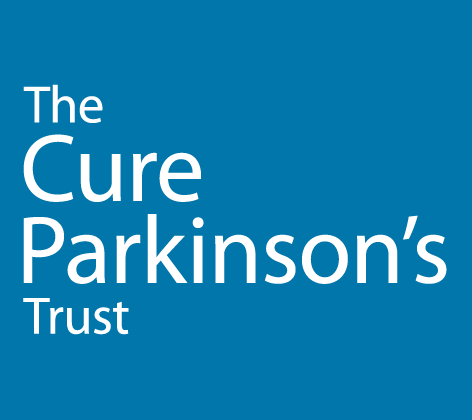Cannabis and Parkinson’s disease
Original article: Promising cannabinoid-based therapies for Parkinson’s disease: Motor symptoms to neuroprotection, Molecular Neurodegeneration: Apr 8, 2015
The takeaway
Laboratory studies indicate that cannabinoids (compounds derived from cannabis) may have beneficial effects in Parkinson’s disease, both symptomatically and in slowing disease progression. However, little research has been done at the clinical level.
Why is it important?
Compounds present in cannabis present a novel avenue of study for disease-modifying therapies for Parkinson’s, an urgent, unmet need.
Impact Opinion
It is important to note that cannabis is illegal in many countries and carries a risk for dependence.
%
IMPACT
- Novelty 20%
- Proximity 70%
- Deliverability 50%
“CPT has been watching the developments on the proposed regulatory rescheduling of Cannabis and related substances with interest and wholly supports the review processes that have been implemented. Resolution of this rather confusing situation has wider implications for research and patient access to products of potential medicinal value and is bound to be welcomed by prescribers, patients and researchers alike.”
The details
Numerous studies have indicated that some of the signaling pathways associated with Parkinson’s are also linked to the response to cannabis. However, some studies have found contradictory results, reinforcing the need for additional rigorous study.
Related work and trials
There has been much research into how different drugs of abuse may provide potential benefit for as well as potential risk of Parkinson’s. In one review it is highlights that there is conflicting evidence of whether activation or reduce activity of cannabinoid receptors would be beneficial in Parkinson’s. It has been suggested that activators of these receptors may help with dyskinesia and/or tremors but could potentially worsen slowness of movement symptoms.
Original article: More SV, Choi DK. Apr 8, 2015. Promising cannabinoid-based therapies for Parkinson’s disease: Motor symptoms to neuroprotection. Molecular Neurodegeneration.



